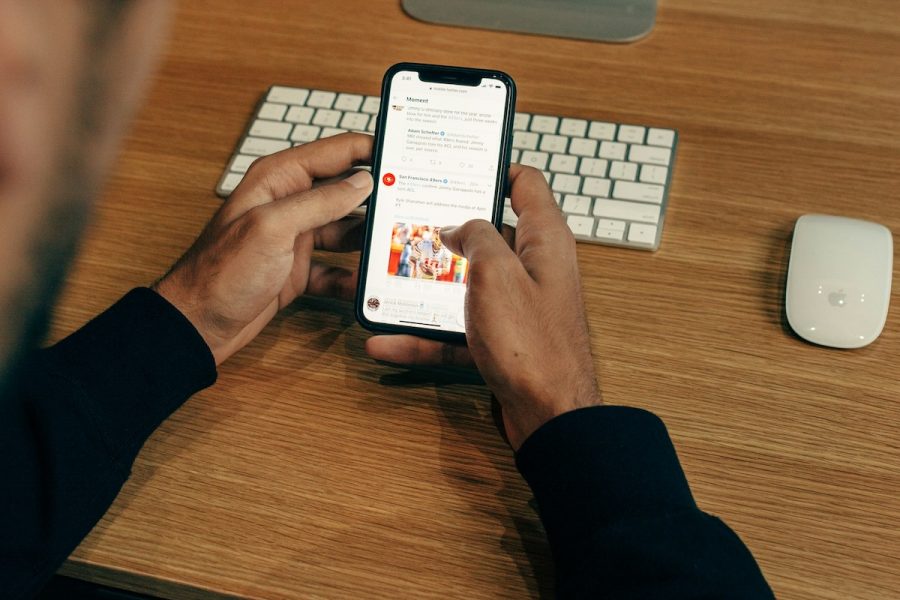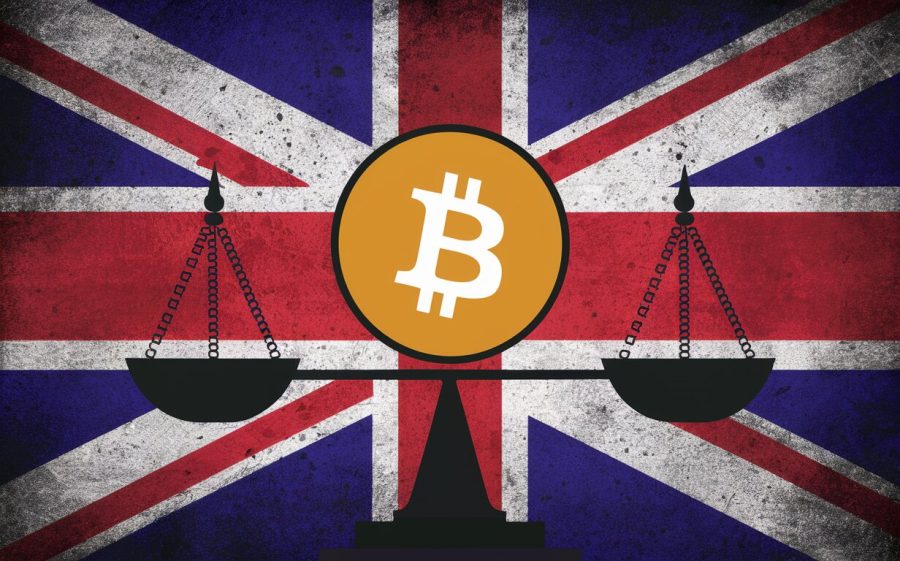It’s an argument that the music industry likes to make: go after P2P file-sharing sites, sue them, shut them down, and as a result we’ll have less music piracy. But is that really the case?

According to a study released today by the market research company NPD Group, a market research group, it is. The company contends that since a federal judge ordered that the peer-to-peer site Limewire shut its doors in the fall of last year, that the peer-to-peer filesharing of music – both the number of files downloaded and the number of users of the P2P sites – has declined.
The NPD reports that the percentage of Internet users in the U.S. that are using P2P services for music has fallen from a high of 16% in the fourth quarter of 2007 to just 9% in the fourth quarter of 2010. The average number of files downloaded declined from 35 tracks per person to 18 tracks per person over the same time period. There are now roughly 16 million P2P users downloading music, 12 million fewer than in 2007.
“LimeWire was so popular for music file trading, and for so long, that its closure has had a powerful and immediate effect on the number of people downloading music files from peer-to-peer services and curtailed the amount being swapped,” says Russ Crupnick, NPD’s entertainment industry analyst.
While the NPD statistics make the actions against LimeWire seem like a win for the music industry, but it’s worth scrutinizing the argument closely. LimeWire was used by about 56% of those using P2P services, NPD reports, but that doesn’t mean that those users simply stopped file-sharing. After all, while Limewire was shuttered, other P2P sites reported an increased usage.
Furthermore, over that same time period studied in the report – from 2007 to 2010 – a number of new options have become available for Internet users to get their music. Streaming and subscription services like Spotify and Pandora have changed the way that music is consumed online.
The NPD study was gathered from self-reported data, which also makes its findings a little difficult to say much about. But no matter the origin of the data here, it’s a bit of a stretch to contend that LimeWire’s closure means less piracy. Less file-sharing? Maybe. Less piracy? I’m not sure. Regardless of the accuracy, it’s likely we’ll see these statistics invoked by those that argue that going after P2P websites is a good move for the music industry.










